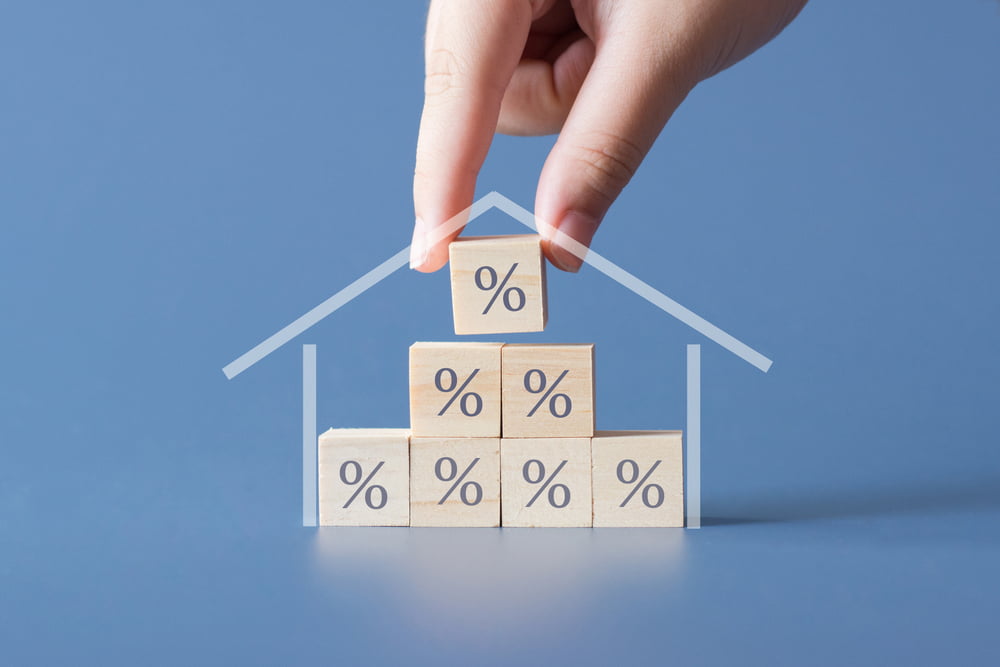The fuel price increase has been scrapped in the Autumn Budget while help is at hand for businesses, but the Chancellor warns that inflation could rise. Here’s our quick summary of the key points of the Autumn Budget.
Chancellor Rishi Sunak has declared a ‘new wave of optimism’ when announcing his Autumn Budget today. Sunak announced funding for new build homes, promising an investment of £24 billion to build new homes and £11.5 billion investment through the Affordable Homes Scheme. He also revealed £5 billion would be available to remove dangerous cladding from high rise buildings.
The Office for Budget Responsibility said that growth will be stronger than expected in next year, reducing the amount the Chancellor will need to borrow. It estimates that borrowing will fall from 7.9 per cent this year to 3.3 per cent next year.
However, the Chancellor has warned that inflation will rise further and says this will be due to the demand for goods and energy. It reached 3.1 per cent in September and is likely to rise further according to the Office for Budget Responsibility. It may rise to five per cent this year according to the Bank of England, which could result in interest rates going up.
Interest rates may rise
If interest rates increase, anyone on a fixed-rate mortgage deal will pay the same amount, but those on a variable rate will pay more. If you are concerned about rates going up and wondering whether to secure a new fixed-rate deal, our advice is to act swiftly. We’re here to help with mortgage advice so please contact us.
Council tax rates may set to rise over the next four years, with taxpayers anticipated to generate an extra £12.1 billion in council tax revenue.
The Chancellor has admitted that Britain faces challenging times and said the budget ‘does not draw a line under Covid’. However, he stressed that post-pandemic recovery is now underway.
Fuel duty rise scrapped
There was also good news for those concerned about the cost of fuel. Fuel prices are at their highest in years, but the Chancellor has confirmed he is scrapping the planned increase in fuel duty in which he says will save the average car driver £1900. Fuel duty has now been frozen at 57.95p per litre. The levy was set to increase to 60.79p per litre which would have meant an extra 3.5 per litre to pump prices after the addition of VAT.
‘With pump prices at record highs, now would have been the worst possible time to change tack and hike up costs still further at the forecourt,’ says Simon Williams from the RAC.
There will be no reduction in VAT on household energy bills, but the minimum wage will rise by 6.6 per cent, increasing to £9.50 per hour.
For businesses in retail and leisure, the Chancellor has announced a 50 per cent business rate discount for one year to help out the retail, hospitality, and leisure sectors. Businesses in these sectors could be eligible for a saving of up to £110,000. Business rates will also be re-evaluated every three years.

